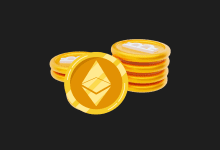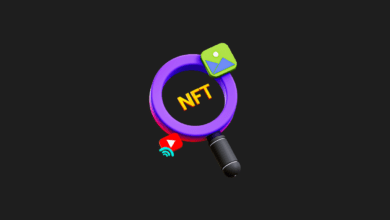Crypto Decentralized Applications (DApps)

In the rapidly evolving landscape of blockchain technology, Decentralized Applications (DApps) have emerged as a groundbreaking innovation.
This article aims to demystify DApps, exploring their nature, various types, functions, and the transformative impact they have on technology and digital interactions.
What are Decentralized Applications (DApps)?
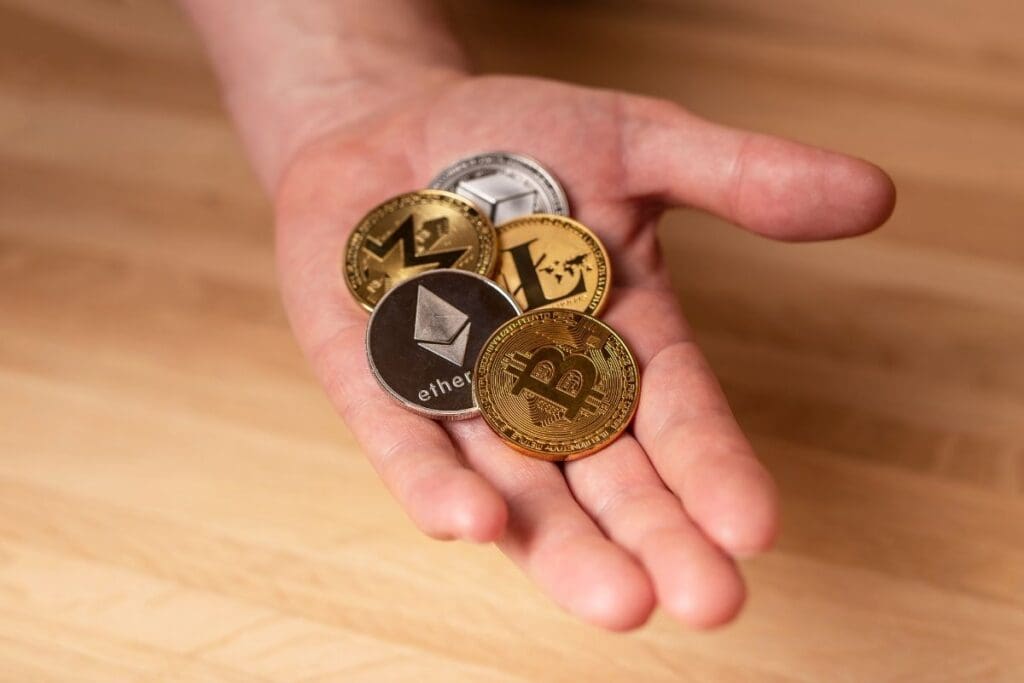
DApps are digital applications or programs that run on a blockchain or peer-to-peer network of computers, rather than on a single computer.
Unlike traditional apps, which run on centralized servers, DApps are characterized by their decentralized nature, offering increased transparency, security, and resistance to censorship.
Types of DApps
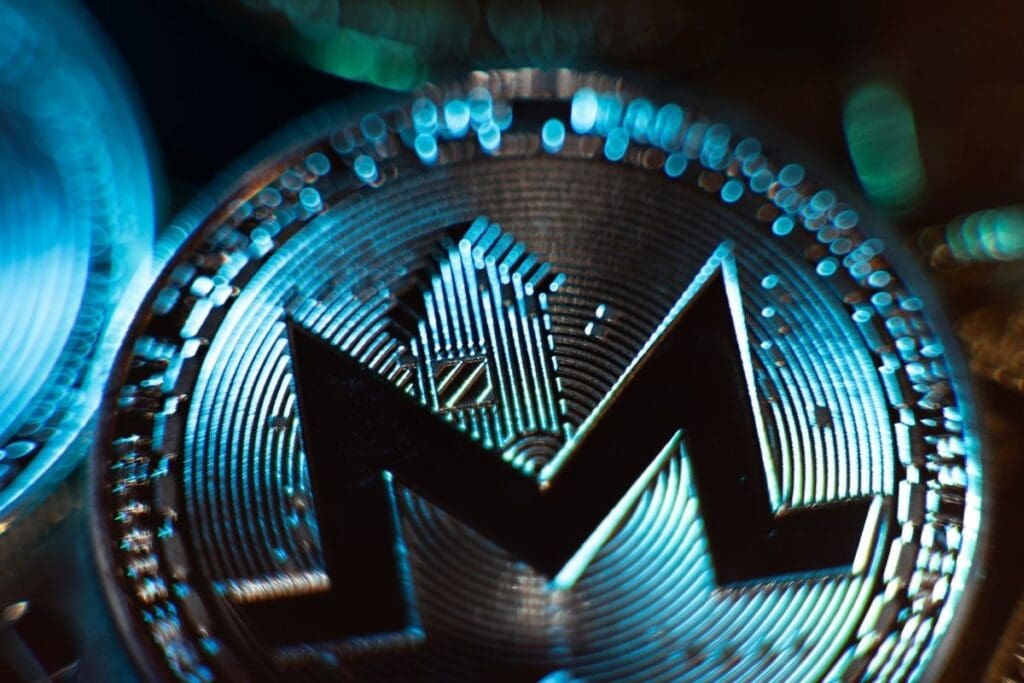
- Financial DApps: These provide services such as payments, banking, and insurance without the need for traditional financial intermediaries.
- Semi-Financial DApps: While these DApps may have a financial aspect, their primary function includes other features, such as identity verification or document signing.
- Non-Financial DApps: These focus on areas outside finance, like voting systems, decentralized governance, or supply chain management.
- Gaming DApps: These offer decentralized gaming experiences, often incorporating aspects like non-fungible tokens (NFTs) and digital collectibles.
Benefits and Uses of DApps
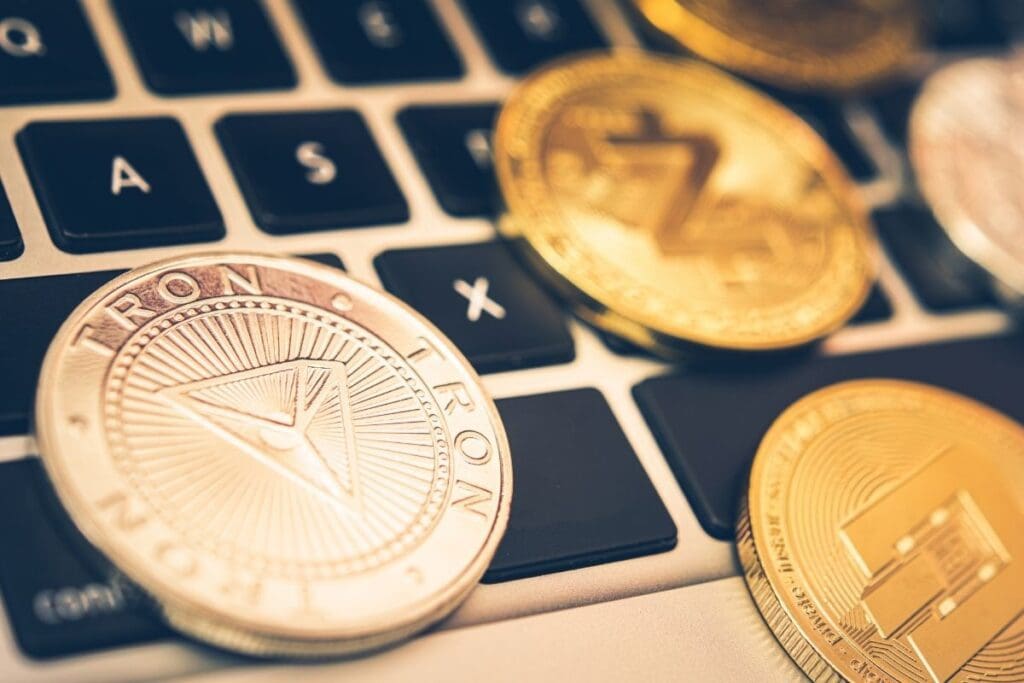
- Enhanced Security: Being decentralized, DApps are less prone to hacking and fraudulent activities.
- Increased Transparency: All transactions on DApps are recorded on a public blockchain, ensuring transparency.
- Censorship Resistance: DApps offer a way to bypass censorship, as no single authority can control or shut them down.
- User Control and Privacy: Users have more control over their data, enhancing privacy and data security.
How Do DApps Work?

DApps are typically built on blockchain platforms like Ethereum, which provides a framework for creating smart contracts and decentralized applications. Users interact with the DApp using blockchain wallets, which provide secure access and transaction capabilities.
Challenges and Future of DApps

While promising, DApps face challenges such as scalability, user interface and experience, and regulatory hurdles.
However, ongoing technological advancements are addressing these issues, signaling a bright future for DApps in various sectors.
Decentralized Applications represent a significant shift in how we interact with digital technologies. By leveraging the power of blockchain, DApps offer a new level of security, transparency, and user empowerment.
They are set to play a crucial role in the future of various industries, from finance to gaming and beyond, reshaping our digital interactions in profound ways.

